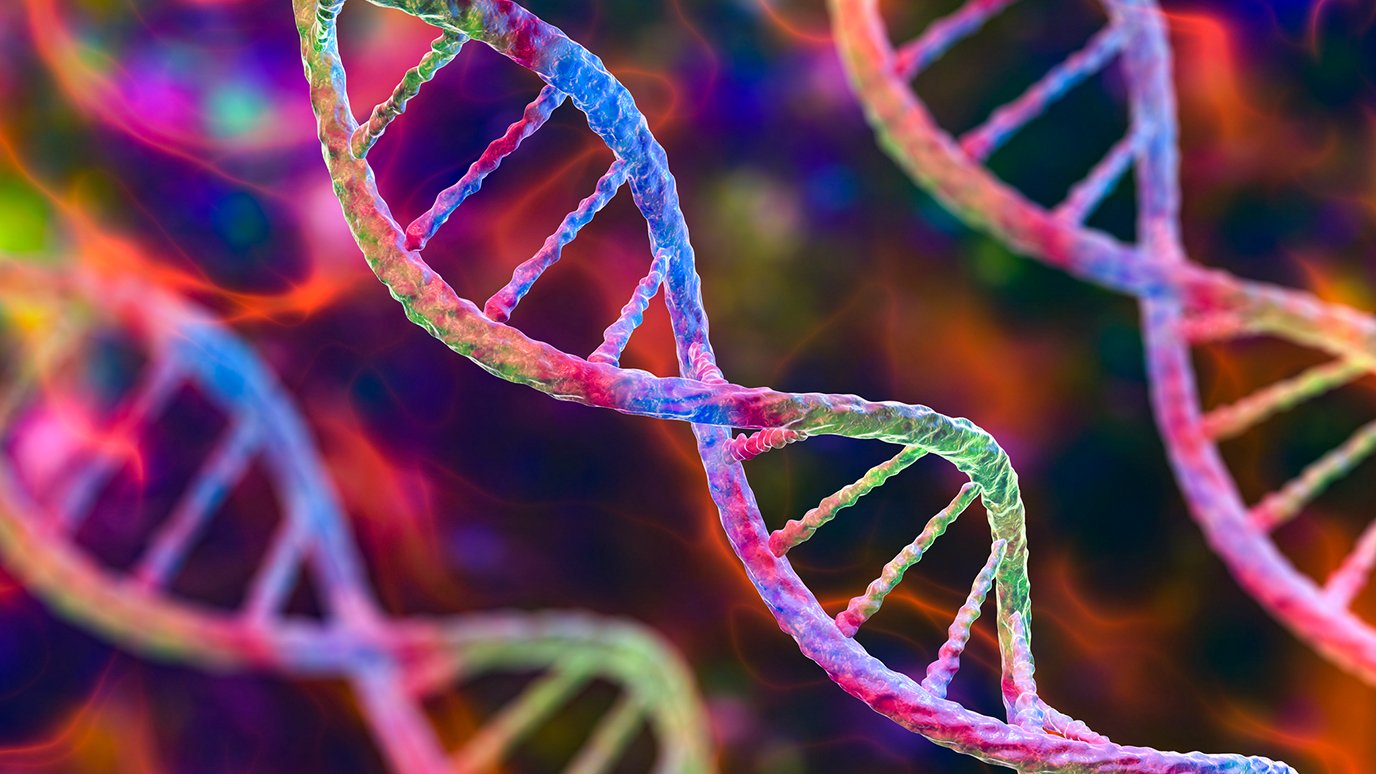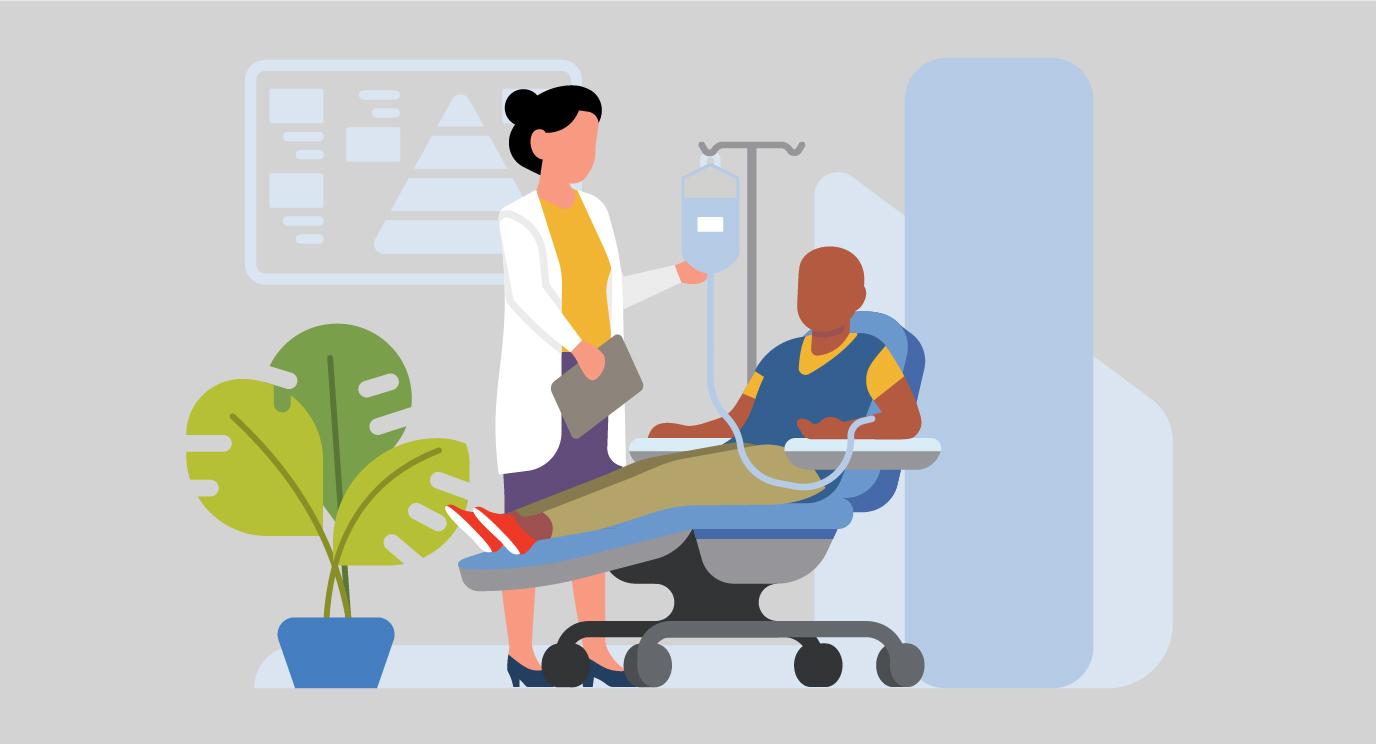- Diseases
- Acoustic Neuroma (14)
- Adrenal Gland Tumor (24)
- Anal Cancer (68)
- Anemia (2)
- Appendix Cancer (16)
- Bile Duct Cancer (26)
- Bladder Cancer (72)
- Brain Metastases (28)
- Brain Tumor (232)
- Breast Cancer (714)
- Breast Implant-Associated Anaplastic Large Cell Lymphoma (2)
- Cancer of Unknown Primary (4)
- Carcinoid Tumor (8)
- Cervical Cancer (158)
- Colon Cancer (166)
- Colorectal Cancer (116)
- Endocrine Tumor (4)
- Esophageal Cancer (44)
- Eye Cancer (36)
- Fallopian Tube Cancer (8)
- Germ Cell Tumor (4)
- Gestational Trophoblastic Disease (2)
- Head and Neck Cancer (12)
- Kidney Cancer (128)
- Leukemia (342)
- Liver Cancer (50)
- Lung Cancer (286)
- Lymphoma (278)
- Mesothelioma (14)
- Metastasis (30)
- Multiple Myeloma (100)
- Myelodysplastic Syndrome (60)
- Myeloproliferative Neoplasm (4)
- Neuroendocrine Tumors (16)
- Oral Cancer (100)
- Ovarian Cancer (172)
- Pancreatic Cancer (160)
- Parathyroid Disease (2)
- Penile Cancer (14)
- Pituitary Tumor (6)
- Prostate Cancer (146)
- Rectal Cancer (58)
- Renal Medullary Carcinoma (6)
- Salivary Gland Cancer (14)
- Sarcoma (238)
- Skin Cancer (296)
- Skull Base Tumors (56)
- Spinal Tumor (12)
- Stomach Cancer (64)
- Testicular Cancer (28)
- Throat Cancer (92)
- Thymoma (6)
- Thyroid Cancer (96)
- Tonsil Cancer (30)
- Uterine Cancer (80)
- Vaginal Cancer (16)
- Vulvar Cancer (20)
- Cancer Topic
- Adolescent and Young Adult Cancer Issues (20)
- Advance Care Planning (10)
- Biostatistics (2)
- Blood Donation (18)
- Bone Health (8)
- COVID-19 (362)
- Cancer Recurrence (120)
- Childhood Cancer Issues (120)
- Clinical Trials (630)
- Complementary Integrative Medicine (22)
- Cytogenetics (2)
- DNA Methylation (4)
- Diagnosis (232)
- Epigenetics (6)
- Fertility (62)
- Follow-up Guidelines (2)
- Health Disparities (14)
- Hereditary Cancer Syndromes (126)
- Immunology (18)
- Li-Fraumeni Syndrome (8)
- Mental Health (116)
- Molecular Diagnostics (8)
- Pain Management (62)
- Palliative Care (8)
- Pathology (10)
- Physical Therapy (18)
- Pregnancy (18)
- Prevention (914)
- Research (392)
- Second Opinion (74)
- Sexuality (16)
- Side Effects (604)
- Sleep Disorders (10)
- Stem Cell Transplantation Cellular Therapy (216)
- Support (402)
- Survivorship (320)
- Symptoms (182)
- Treatment (1786)
Stage IV colorectal cancer survivor: How I know MD Anderson is the best
3 minute read | Published December 11, 2020
Medically Reviewed | Last reviewed by an MD Anderson Cancer Center medical professional on December 11, 2020
Last year was an emotional rollercoaster for me. In May, I found out I had colorectal cancer after my first colonoscopy. June brought the relief of thinking I didn’t have it anymore, because I had surgery locally to remove most of my colon and my gallbladder.
Then, in July, came the sinking feeling of learning that the cancer had already spread. It was in my liver, too, making it stage IV instead of stage I.
My local surgeon didn’t feel comfortable moving forward with the complex additional surgery I needed. He told me that only a few hospitals were even set up to handle that type of procedure. MD Anderson was one of them.
I work as a basketball coach at Stephen F. Austin University in Nacogdoches, which is only about a two-hour drive away from Houston. And MD Anderson is known nationally and even around the world for its cancer care. I called for an appointment.
Once I got to Houston, I was optimistic. I had heard that MD Anderson was the best, so I felt pretty confident I’d be in good hands. Today, I know that to be true. Because I had all the rest of my treatments there, and now, I feel great. I have also been cancer-free since March.
My stage IV colorectal cancer treatment
The first person I met with at MD Anderson was medical oncologist Dr. Bryan Kee. He was very confident and encouraging. He recommended six rounds of chemotherapy, followed by surgery and then six more rounds of chemotherapy.
That sounded like a good plan, so I started chemotherapy in August 2019. Dr. Jean-Nicolas Vauthey, who specializes in gastrointestinal cancers, performed my liver surgery on Dec. 19, 2019. I finished my last round of chemotherapy in mid-March, just two days after the COVID-19 pandemic shut everything down.
My life today, after colorectal cancer treatment
It took me about six months to get back to 100% after I finished my treatments. But in some ways, I feel like I’m in better shape now than I was before I was diagnosed. I work out twice a day, ride my bike, run and lift weights. I do everything I did before and more.
Still, I’m not going to lie. There were times during chemotherapy when I was absolutely miserable. And I wasn’t sure if things were going to work out.
I lost my hair, had balance problems, and experienced neuropathy, nausea, diarrhea and fatigue. Some days, it felt like there was nothing good about my cancer treatment at all. But I didn’t care what it cost me, physically. I just wanted to get healthy.
As it turns out, my treatments worked. And all of my side effects are gone. So, looking back now, I’m not glad I went through it, but I am glad I made it. And I’m really glad I went to MD Anderson.
I don’t think there’s a better place to get treated for cancer than MD Anderson. My treatment there was hard. But my last two scans were clear. And I’m feeling really good now. To me, that speaks for itself.
Request an appointment at MD Anderson online or by calling 1-844-355-4036.

I’m not glad I went through it, but I am glad I made it.
Wade Mason Jr.
Survivor





